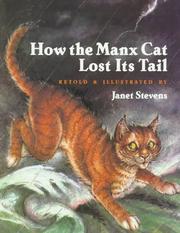What makes a great
read-aloud Picture Book?
(Presupposing, of
course, that all the other hallmarks of any great story, regardless of genre,
are in place – i.e. excellent plot, characters to cheer for, and a satisfying
ending.)
RHYTHM and CADENCE
The first sound we
humans hear from the womb is the beat of our mother’s heart. So, no wonder that we are all naturally
soothed by cadence and rhythm. That’s why we expose our little ones to lullabies,
nursery rhymes, and playground chants (although, I don’t know that children use
these much nowadays – all the pity)
Even if we do not
write our Picture Books in verse (and if we do write in verse, it must be
pitch-perfect), we still need to pay attention to our story’s rhythm, as it
helps set the “mood” we want to convey.
So, a jolly, whimsical tale will match well with a rollicking, rousing
beat, rather like a jaunty jig. Whereas, a wiser folktale type story will be
more serious and sedate, flowing slowly and gently, like a summer’s breeze or a
willowy waltz.
The Name of the Tree is always a favorite read-aloud with children of all ages, and a perfect example of a wise folktale that flows slow and gentle like a summer's breeze.
And...for a more rousing, rollicking tale, what could be better than How the Manx Cat Lost Its Tail?
The Name of the Tree is always a favorite read-aloud with children of all ages, and a perfect example of a wise folktale that flows slow and gentle like a summer's breeze.
And...for a more rousing, rollicking tale, what could be better than How the Manx Cat Lost Its Tail?










No comments:
Post a Comment